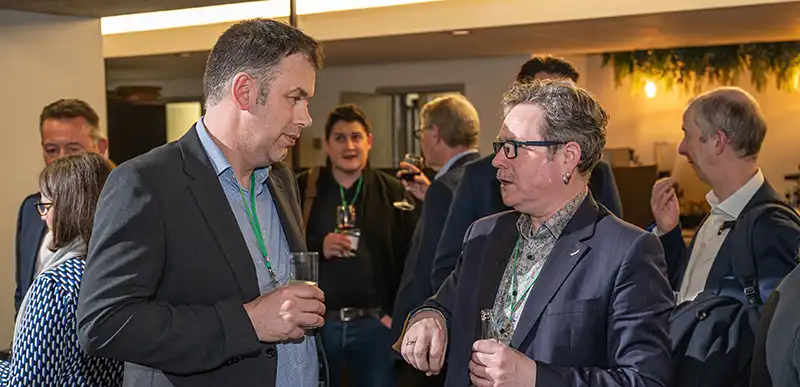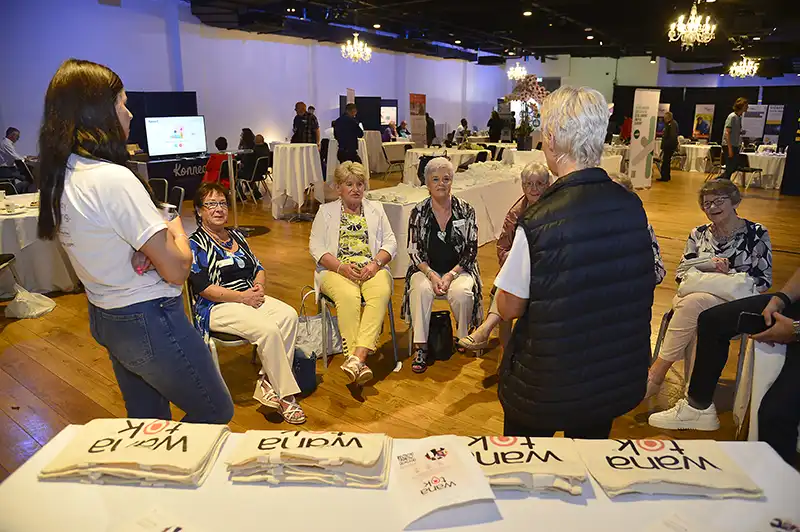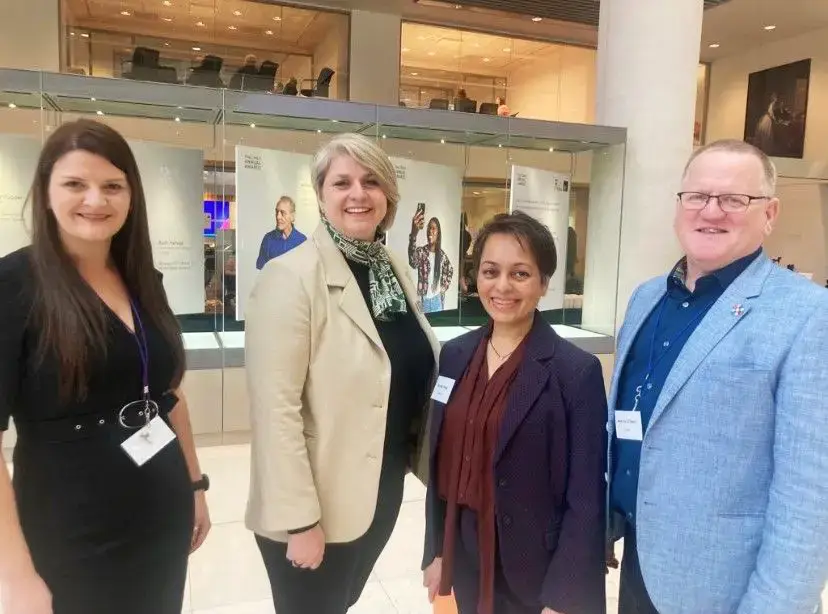What We Do
We are the NI Health and Life sciences cluster organisation.
Clusters bring together vital stakeholders required to catalyse innovation across a region. We engage across borders and across the sector to develop funding, influence, policy and opportunity for collaboration. Through our events and sector knowledge, we represent Northern Ireland stakeholders and innovators on the global stage.
World Leading Innovation
World leading innovation super clusters like Boston (Healthcare), San Francisco (Tech), Tel Aviv (Tech, Healthtech), Singapore (Manufacturing, Healthtech) and London (Fintech) compete on a global stage to attract talent, foreign direct investment (FDI), Capital providers, industry and create a collaborative framework across large ecosystems.
The UK has a deep strength in both the life sciences and research and innovation. Collectively the UK is the third largest cluster behind San Francisco and Boston.

Bringing Organisations Together
Successful life science clusters bring together patients/users, industry, investors, academia, the NHS, and organisations such as the National Institute for Health Research (NIHR), and Health Innovation Networks and are anchored by institutions including research-intensive NHS Trusts, universities, or manufacturing hubs.
Clusters drive growth and productivity by facilitating networking and collaboration; research and innovation; skills development and training; internationalisation of cluster assets and the ability to do ‘high risk’ work in a low-risk environment.

Most Successful Clusters
The most successful innovation clusters have a formal cluster development organisation to drive place-based development in their given sector. They do this by focussing on assets that are world class and close to scale, acting ambitiously to compete globally in key areas, attracting public and private investment, and backing in those areas to make impact.
HIRANI is a cluster organisation and was established in Northern Ireland in 2019. We provide leadership to align Northern Ireland’s health and life science ecosystem with the life sciences vision regionally and nationally.
We are focused on the high growth potential technology areas of precision diagnostics and data integration, digital health and wearables, and advanced pharmaceutical delivery systems, with particular focus in clinical areas of national significance such as oncology and healthy ageing.
We also work to leverage Northern Ireland’s unique advantages of agility, working across an integrated health and care system, and direct access to both UK and EU markets.

Some of the challenges that limit the benefits of the life sciences clusters:
- The need for better connectivity and collaboration across clusters.
- The regional agenda and increasing focus on local economies may indeed discourage collaboration between clusters and foster greater competition between regions. For example, devolved funding for collaborative projects may be regionally restricted, limiting the capacity to work across geographical networks.
- Currently, funding for cluster organisations is often provided in two- or three-year cycles. However, clusters need more long-term investment, visions, and strategies to be able to fully integrate within their regions and provide sustainable support for the growth of small businesses.
By embedding cluster connectivity, access to investment, and partnering with complimentary expertise in other UK clusters – such as NHSA and Medcity – GVA is likely to double to £2.2 billion.
The major cluster organisation members across the UK are:
- Medcity: London and the Southeast
- The Northern Heath Science Alliance, NHSA; The north of England
- Midlands Engine Health: The East and West Midlands
- GW4: The Southwest of England
- Health Innovation Research Alliance Northern Ireland,
- NHS Research Scotland
- Life Science Hub Wales
Increasing Jobs
Analysis shows that prior to forming HIRANI, the life science and health sector together supported approximately 100,000 jobs, which is 5 percent of the population of Northern Ireland, and generated £1.1 billion gross value added (GVA) in 2018.